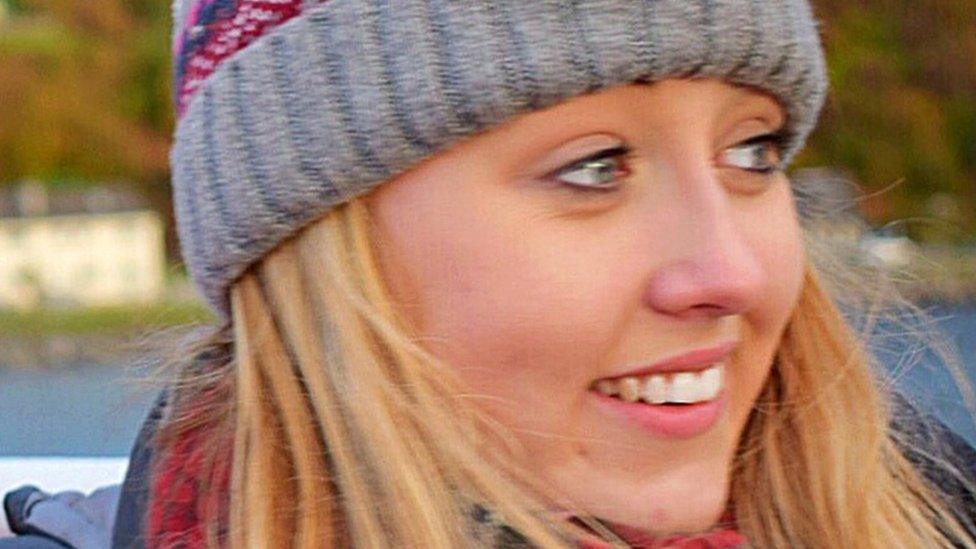Teenager taken off suicide watch hours before death
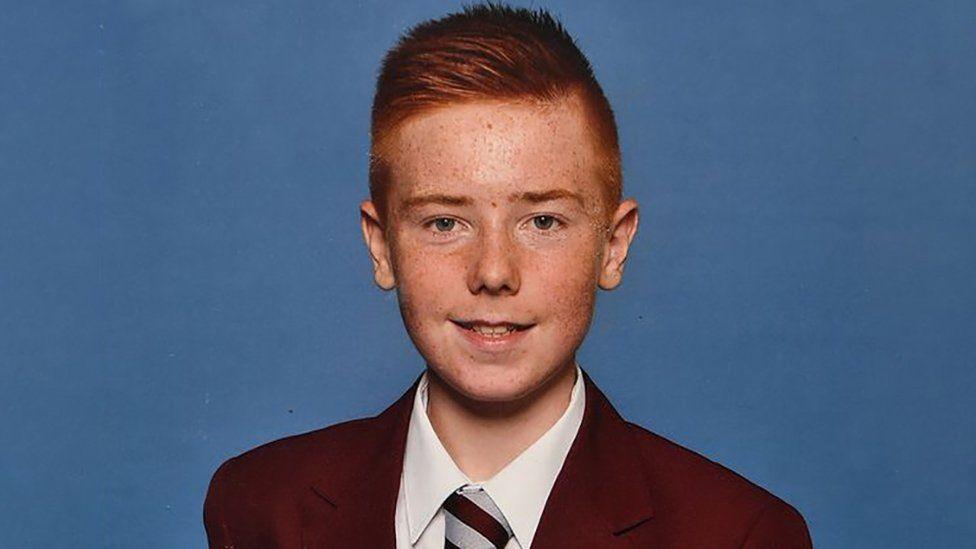
William Brown was found dead in his cell in October 2018
- Published
A 16-year-old who took his own life in Polmont Young Offenders Institution had been removed from suicide watch hours earlier, a fatal accident inquiry (FAI) heard.
William Brown, also known as William Lindsay, was remanded in custody after being deemed a "potential risk to public safety" three days before his death.
The joint inquiry at Falkirk Sheriff Court is investigating his death and that of 21-year-old Katie Allan.
Both were found dead in their cells in separate incidents at Polmont Young Offenders Institution in 2018.
The inquiry is expected to last about three weeks.
It aims to determine their causes of death, the circumstances, and to establish what reasonable precautions could have been taken.

Katie Allan was serving a 16-month sentence when she took her own life
Their families have urged First Minister Humza Yousaf to take action to protect future at-risk inmates.
In a statement outside court, the solicitor representing both families, Aamer Anwar, said they wanted Mr Yousaf to work to remove Crown immunity.
Currently, the Scottish Prison Service (SPS) is exempt from prosecution for the deaths.
Mr Anwar urged the first minister to set up an independent body to investigate prison deaths and impose a year's limit for the start of an FAI.
He said the families believed the time it had taken to investigate the deaths had allowed the SPS to operate "behind a veil of secrecy, covering up systemic failures and preventable suicides".
Aamer Anwar: 'Justice is as personal as their grief'
Katie Allan, a student at the University of Glasgow, took her own life in June 2018 at Polmont while serving a 16-month sentence for a hit-and-run crash.
Ms Allan, who suffered from alopecia, had a history of self-harming which prison staff were aware of.
She had previously been referred to a community mental health team by her GP.
The inquiry heard Ms Allan was found to have traces of an antidepressant which was not prescribed to her during a post-mortem examination.
At a family visit the day before she died, her mother had told prison officers Ms Allan was being "berated" by other prisoners and was "terrified".
'No apparent risk of suicide'
Four months later in October 2018, William Brown took his own life while he was on remand at the young offenders institution near Falkirk.
Mr Brown, who had been in care repeatedly, died three days after being admitted as there was no space in a children's secure unit.
The inquiry heard that he had walked into a police station with a knife while on bail for another blade offence.
Despite a plea to bail him due to a lack of beds in a secure unit, Mr Brown was remanded to Polmont where he died in custody.
Before he was taken there, Mr Brown was asked by a social worker if he was suicidal and he replied: "No, not now, but I don't know how I'll be in prison."
Since 2016, he had been taken to hospital due to attempts on his life, suicidal ideation, excess drug use and fighting on 15 occasions in two years.
He was initially put on a 30-minute observation at Polmont when he arrived "for reassurance and safety".
On 5 October, Mr Brown was assessed as "at no apparent risk of suicide" and was removed from 30-minute observations.
But less than two hours later he was referred to the mental health team by a social worker.
He was found dead in his cell at 07:40 on 7 October - nearly 12 hours after last having contact with SPS staff.
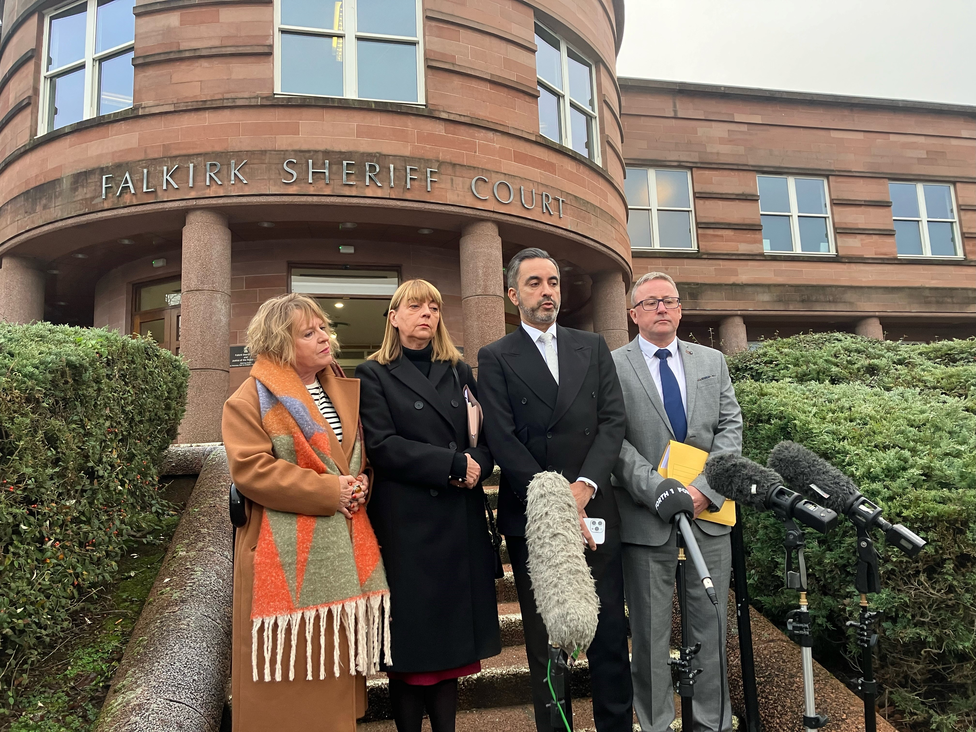
Aamer Anwar spoke on behalf of the bereaved families
Their suicides followed a series of deaths in Scotland's prisons, which prompted a Scottish government review into how deaths in jail are handled.
The Crown Office and Procurator Fiscal Service (COPFS) said Ms Allan and Mr Brown both died while in legal custody at Polmont.
In 2022, the Crown Office told the families there was enough evidence to prosecute over their suicides but the SPS is immune from prosecution.
Mr Anwar said Ms Allan's parents "believe that the SPS has no accountability for the avoidable deaths of young people."
Speaking on behalf of John Reilly, William's brother, Mr Anwar said: "Polmont had a duty of care towards William and it was simply not observed.
"If it had been, then his brother would not be dead."
He added: “It seemed to him that Polmont could not afford to keep William alive, which is a horrible and distressing thought."
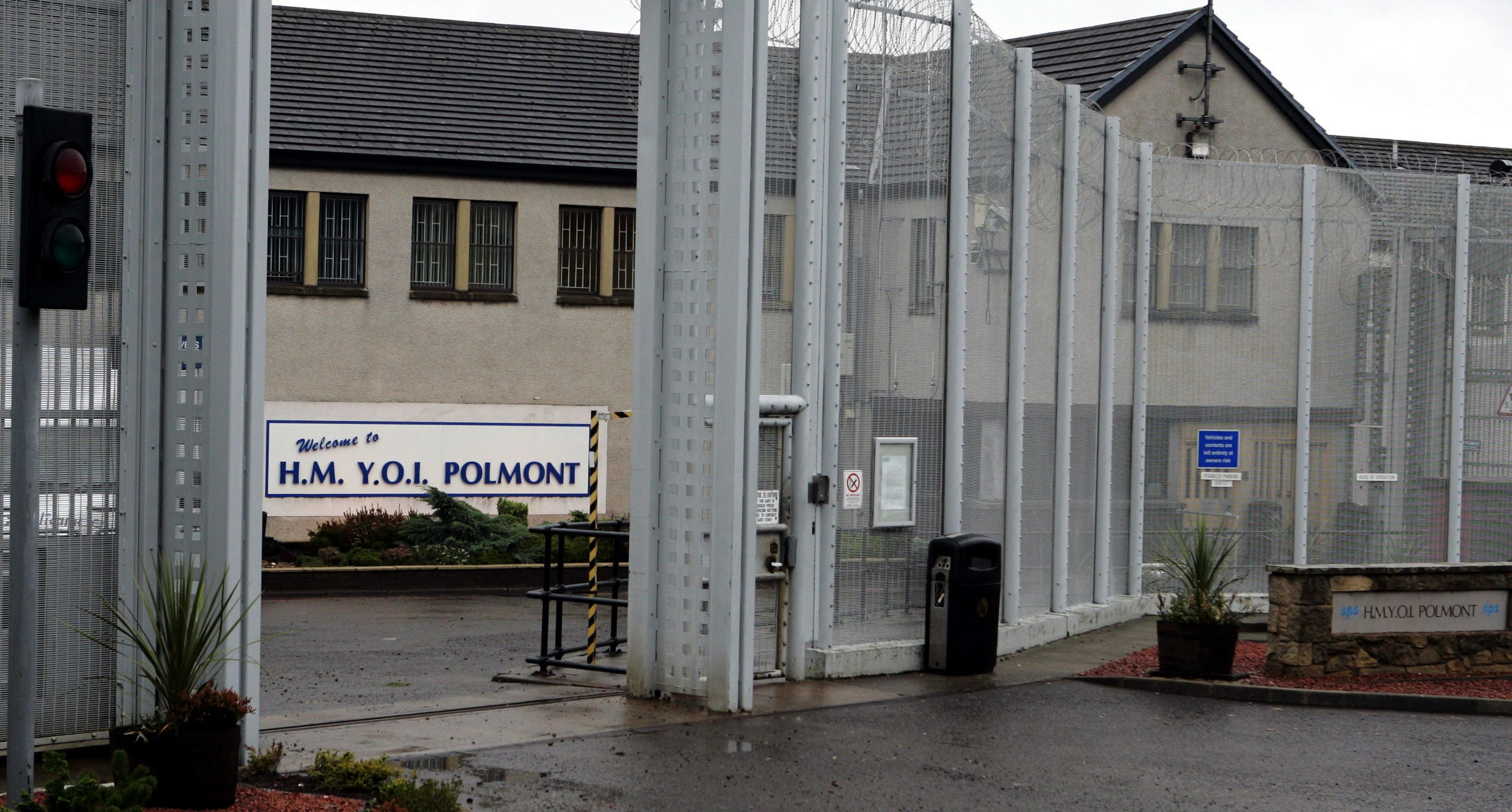
Katie Allan and William Brown took their own lives within four months of each other while in custody at Polmont Young Offenders Institution
An inquiry for deaths occurring in custody is mandatory but a joint FAI is rare.
Unlike criminal proceedings, FAIs are used to establish facts rather than to apportion blame.
Mr Anwar said the families also want the first minister to ensure families get automatic legal representation at an FAI.
He said: "The first minister Humza Yousaf must not betray the many promises he made to these families whilst justice minister, he cannot escape behind a veil of silence because there is now an FAI."
A SPS spokesperson said: “The loss of any person in our care is devastating and we recognise the profound impact it has on an individual’s loved ones.
“The health and wellbeing of those in our care is a key priority and everyone who enters custody is assessed by both our staff and NHS partners to identify what support is needed."
They added that it would be inappropriate to comment further.
Related topics
- Published11 July 2023

- Published30 November 2022
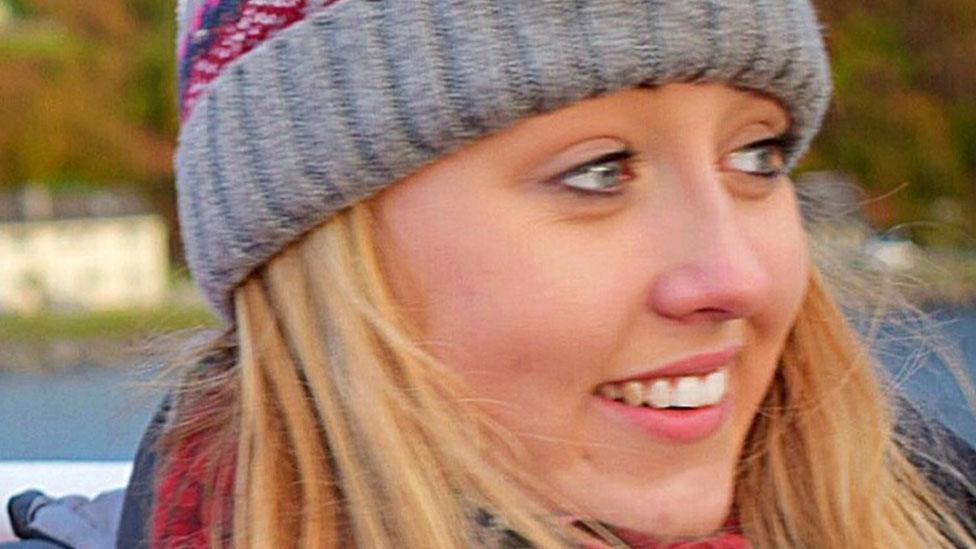
- Published30 May 2023

- Published25 October 2018
